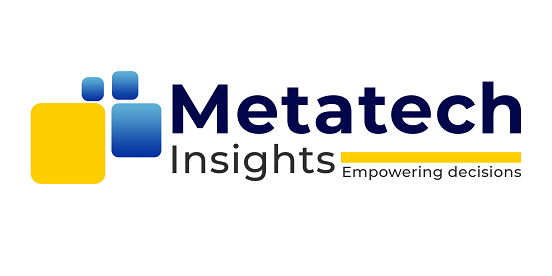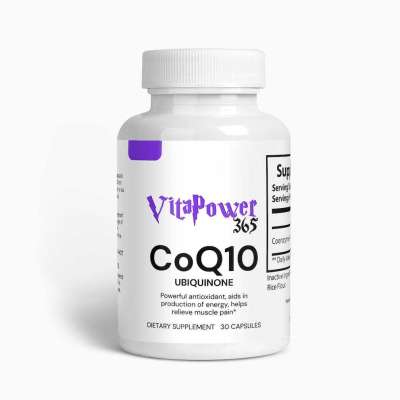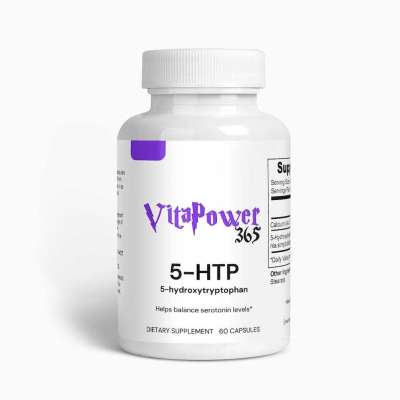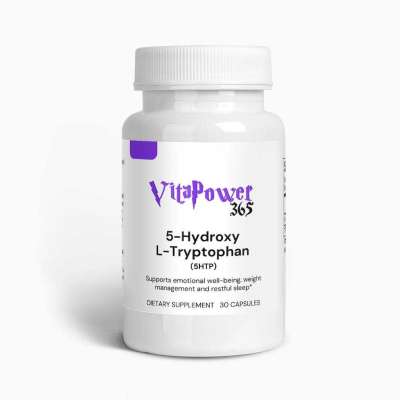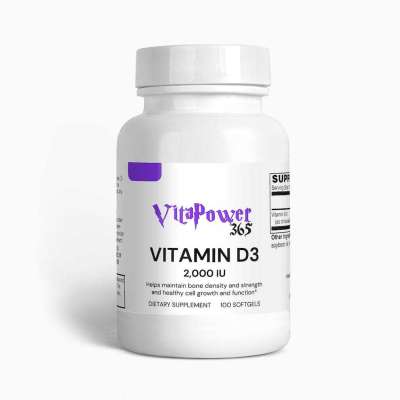Stress Tracking Devices Market 2025 Sees Rapid Global Growth as Mental Wellness Goes Digital
The global stress tracking devices market is on a fast upward curve, reflecting rising mental health awareness and a growing demand for self-monitoring technology. In 2024, the market was valued at USD 2.7 billion, and it is projected to reach approximately USD 5.76 billion by 2035, expanding at a steady compound annual growth rate (CAGR) of 7.3% between 2025 and 2035. This surge is fueled by consumer preferences shifting toward proactive health management, and the increasing integration of mental wellness tools into everyday wearables like smartwatches and fitness trackers. With digital wellness gaining traction, stress tracking is no longer just a feature—it’s a global lifestyle trend driven by real-time data and behavioral insights.
Request Sample-https://www.metatechinsights.c....om/request-sample/11
Market Definition, Segmentation, and Opportunities
Stress tracking devices are sensor-equipped wearables or tools designed to measure physiological signals like heart rate variability (HRV), sleep patterns, skin temperature, and respiratory rate to detect levels of physical or emotional stress. These devices are segmented based on product type (basic wearables, smart wearables), technology (heart rate sensors, skin conductance sensors, temperature sensors), application (personal use, corporate wellness, clinical use), and end-user demographics. Opportunities abound due to rising urban stress levels, employer-driven mental health initiatives, and the boom in digital therapeutics. The demand for AI-powered analytics and app-integrated wellness ecosystems also adds momentum to this evolving market.
Key Market Drivers
The market is primarily driven by two major factors. First, mental health issues are now a global priority. The World Health Organization reports that over 1 billion people worldwide suffer from stress-related mental disorders, increasing the demand for accessible monitoring solutions. Second, wearable technology adoption is skyrocketing. IDC estimated over 530 million wearable units shipped in 2023, many with integrated stress tracking features. This aligns with consumers’ growing need for continuous, personalized health data and real-time feedback to manage lifestyle habits effectively.
Full Report-https://www.metatechinsights.c....om/industry-insights
Basic Wearable and Smart Wearable Segment Analysis
Among product types, smart wearables dominate the market, largely due to their multifunctional capabilities and high consumer engagement. Devices like smartwatches combine stress tracking with fitness, sleep, and cardiovascular monitoring, making them more appealing to tech-savvy users. Basic wearables, while more affordable, are primarily limited to rudimentary metrics. However, growth in this segment is being fueled by increased adoption in emerging markets and among older adults seeking simplified stress management tools.
Heart Rate Sensor Technology Driving Growth
Heart rate sensor-based devices account for the largest share of the technology segment. These sensors enable real-time monitoring of HRV—a scientifically recognized indicator of stress. Their integration into mainstream wearables has made stress tracking accessible and accurate for millions of users. Technological enhancements like photoplethysmography (PPG) and AI-based data interpretation are making these sensors even more reliable, expanding their use from lifestyle tracking to clinical-grade monitoring.
North America Market Overview
North America leads the stress tracking devices market due to its advanced healthcare infrastructure, early adoption of wellness tech, and a highly stressed workforce. A growing number of corporate wellness programs and insurance incentives for stress reduction tools are propelling device adoption. The U.S. in particular is witnessing a boom in mental wellness apps, often linked with wearables, driving integrated market growth. Regulatory support for digital health tools and high consumer purchasing power further solidify North America’s market dominance.
Buy Now-https://www.metatechinsights.com/checkout/1174
Competitive Landscape
The global stress tracking devices market is competitive, with tech giants and health startups alike innovating aggressively. Key players include Apple Inc., Fitbit (Google LLC), Garmin Ltd., Samsung Electronics, Whoop, Oura Health, Amazfit (Zepp Health), Biobeat, Muse, and Emfit Ltd. Strategies include AI integration, app partnerships, advanced biometric tracking, and expansion into corporate wellness ecosystems. These companies are also investing in sleep-stress link analysis and remote diagnostics to expand their capabilities.
Like
Comment
Share
